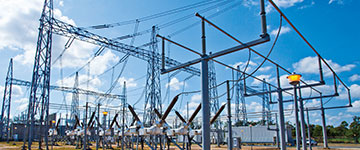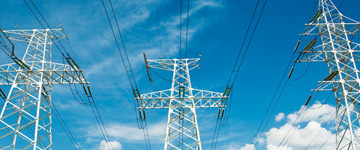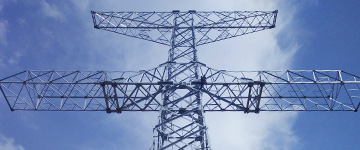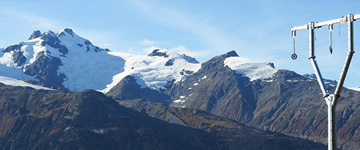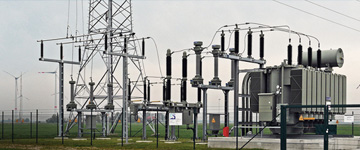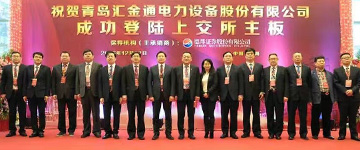Germany: the renewable energy law 2014 (EEG 2014) was finally approved by the EU and has come into force in August 1st. The new policy stipulates that all the new projects that exceed 500kW will be directly sold to the directmarketing scheme, and the new policy will also reduce the amount of offshore wind power subsidies. In Germany, the new installed capacity will be controlled in the 2.4 to 2.6GW range each year, and the new replacement project (repowering) will not be included in the new installed capacity. The wind power project, which was approved before January 23, 2014 and completed before the end of 2014, still accords with the subsidy policy of renewable energy law 2012 (EEG 2012).
Britain: the electricity market reform is close to the full implementation stage. The first price difference contract (CfDs) will be allocated in October, while the first batch of capacity market bidding will begin in December. All of this marks the end of Britain's electricity market reform for nearly 3 years.
France: before the 2008 bill expires, France launched a new wind power project subsidy act in June 6th. The new bill is the same as those of the old bill, in addition to some of the modifications that have been made to meet EU national subsidies.
Bulgaria: in July, the Bulgarian energy and Water Planning Committee (DKEVR) asked the European Union to declare the country's renewable energy subsidy as an "extra state subsidy" to get the next round of profit tracking for the running renewable energy projects. Bulgaria has already achieved the country's renewable energy target in 2020 through large-scale development of solar energy.
Poland: the renewable energy bill has been audited by the government and eventually entered into parliamentary approval in July 22nd. The bill is likely to come into force this year and will replace the green energy Certificate Policy and replace it with a reverse bidding policy.
Spain: in July, Spain finally passed the "special redistribution measures". This new measure provides that wind farm developers will no longer receive subsidies for fixed net electricity prices, instead of annual fixed compensation. The compensation only ensures that the developer can get 7.4% pre tax profit, and the profit estimation is mainly based on the government's average development cost for the wind power project and the power generation in a specific area.
Finland: it is simplifying the approval process of wind power projects, and providing an attractive fixed price policy to improve the investment environment of wind power in Finland.
China: in June, the offshore wind power fixed tariff policy was introduced. The electricity prices of the offshore projects and the intertidal zone were CNY0.85/kWh and CNY0.75/kWh respectively.
India: the incentive policy of electricity generation is resumed this year. The accelerated depreciation preferential policy of two years will resume in 2015. These two policies will greatly boost the India market's recovery.
Kazakhstan: in June launched a new fixed wind power tariff (EUR 92/MWh), paid for a period of 15 years, the electricity price changes with inflation.
Algeria: similar to Finland, a premium purchase price is introduced.
Mexico: the Senate passed the energy reform two act recently, aimed at breaking the monopoly situation of state-owned oil companies, and officially opening the energy sector to private and foreign investment. After signing the president, the Senate will take effect. The renewable energy certificate is one of the proposals.



